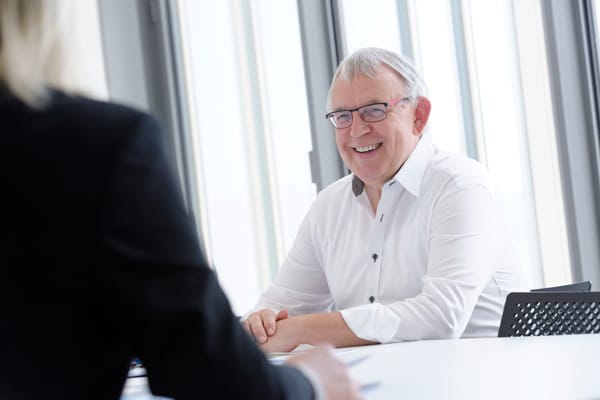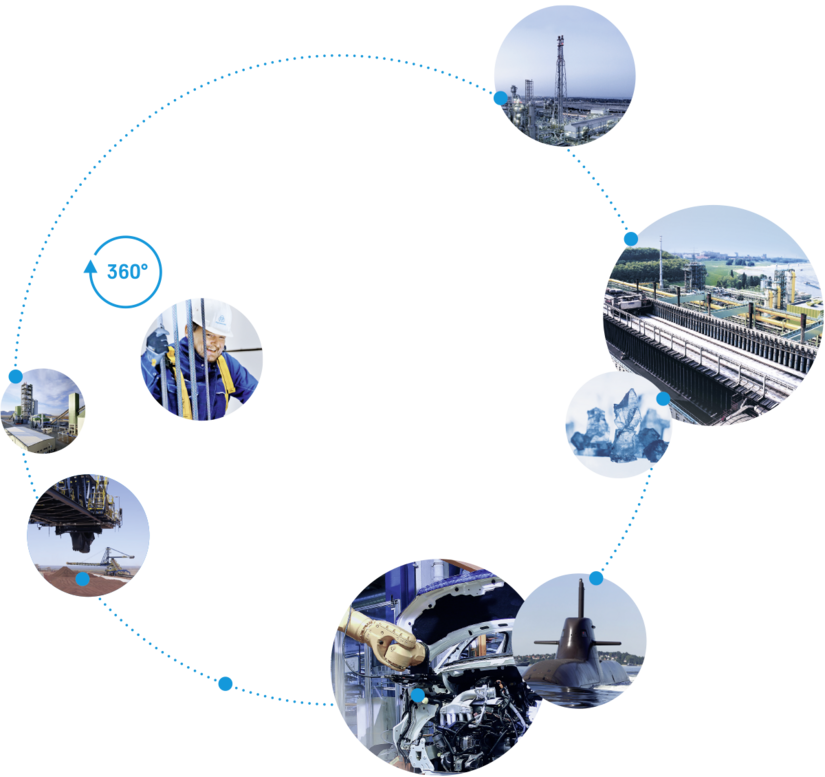
What in your view are the most important current trends in international plant engineering, at Marine Systems and System Engineering?
The plant engineering environment continues to be very challenging. The prices of raw materials, especially oil, remain at a low level. The overcapacities existing in some areas are holding back investment, leading to strong price and competitive pressure. Regional and international tensions are also inhibiting investment.
Marine Systems is profiting in particular from Norway’s decision to cooperate with Germany in the submarine sector. A number of further projects have also contributed to a generally positive market outlook. In the surface ship sector the shorter-term outlook will depend on the national contract award for the class 130 corvettes and further progression of the MKS 180 project. At System Engineering growth opportunities are seen particularly in e-mobility.
What are the main challenges for international plant engineering companies and how is thyssenkrupp positioning itself?
The biggest challenge is currently the volatility of our target markets. In particular, this is creating difficulties for the award of new plant construction contracts. On the project side the key drivers are aspects such as EPC/overall responsibility and local content coupled with challenging contractual terms. Industrial Solutions has to consider very carefully which projects have good prospects of success. To win over customers to our products and services, we are continuously strengthening our international presence and competitiveness. In parallel with this our engineers are working every day to improve our products and tailor them to the needs of our customers. This is especially being made possible by close cooperation between our business units and regions.
Where do you see the biggest growth opportunities for thyssenkrupp in plant engineering?
Generally wherever new plants are being built! Here we have strong technological advantages over our competitors. But we’re also stepping up our service business. The longer low-investment phases continue, the greater the need for service. As existing facilities grow older, service requirements increase.
We’re currently focusing on areas such as resource efficiency, the transition to renewable energies, climate protection, and digitization.
A lot of plant engineering companies are feeling competitive pressure from China/Asia. How can thyssenkrupp withstand this competition?
There’s no one-size-fits-all answer to this. If only because, depending on the business unit, China is also our supplier and partner. But in terms of direct competition we need to consider very carefully whether it makes sense to compete, i.e. what our prospects of success are. Our goal is to always have the better technological solution. That’s our plus factor!

Is Industrial Solutions working on any interesting research projects?
We’re currently focusing on areas such as resource efficiency, the transition to renewable energies, climate protection, and digitization. I can give you some examples: The Cement Technologies business unit is working on new cement additives and the use of alternative fuels. The Electrolysis & Polymers Technologies business unit is developing big redox flow batteries and water electrolysis cells for the production of H2, for example using wind and solar power. Industrial Solutions is also working closely with the Steel Europe business area and thyssenkrupp AG on the Carbon-to-Chem project. Our digitization initiative cuts across all business units.
What do our customers need most and how can we best support them?
Many of our plant technology customers are in the primary materials industry. That means that our equipment has to operate reliably and efficiently while maintaining consistent product quality. It needs to be low-maintenance and quickly back in operation after servicing or repair. This describes the requirements profile for our research and development. Service and the area of automation/digitization are also playing an increasingly important role.